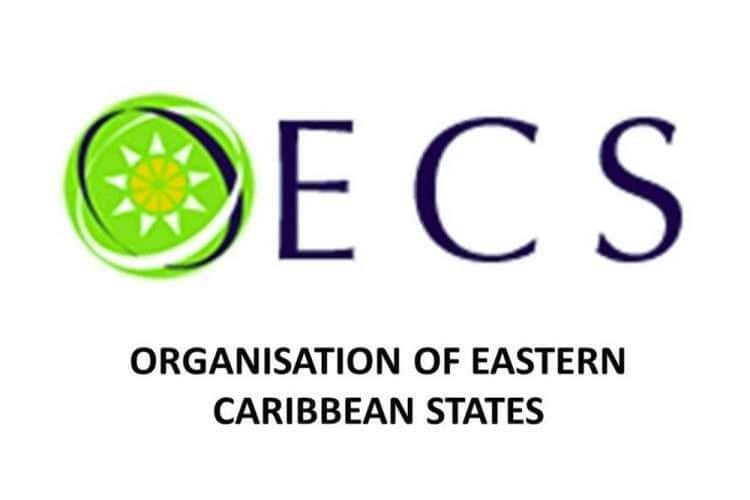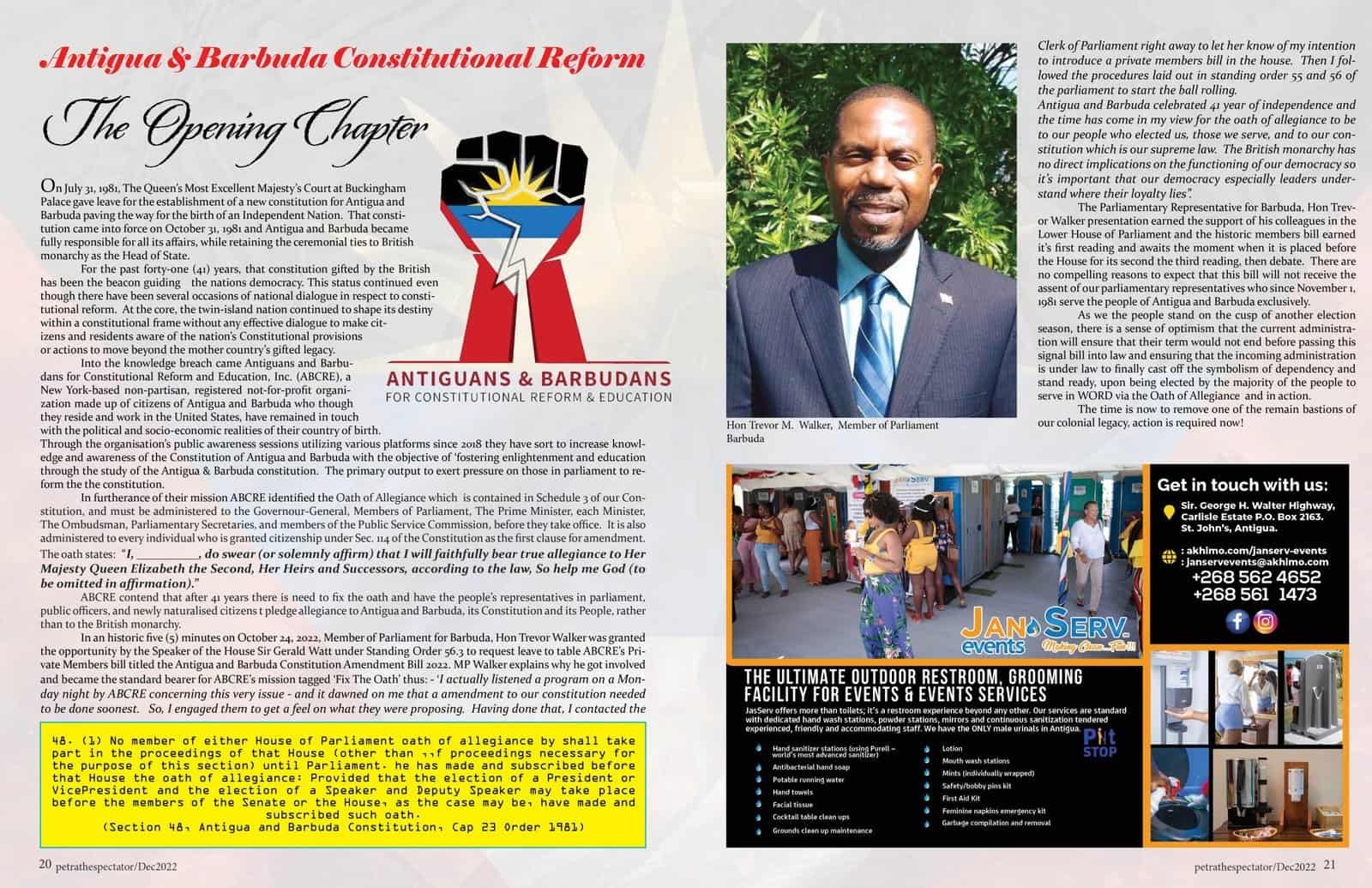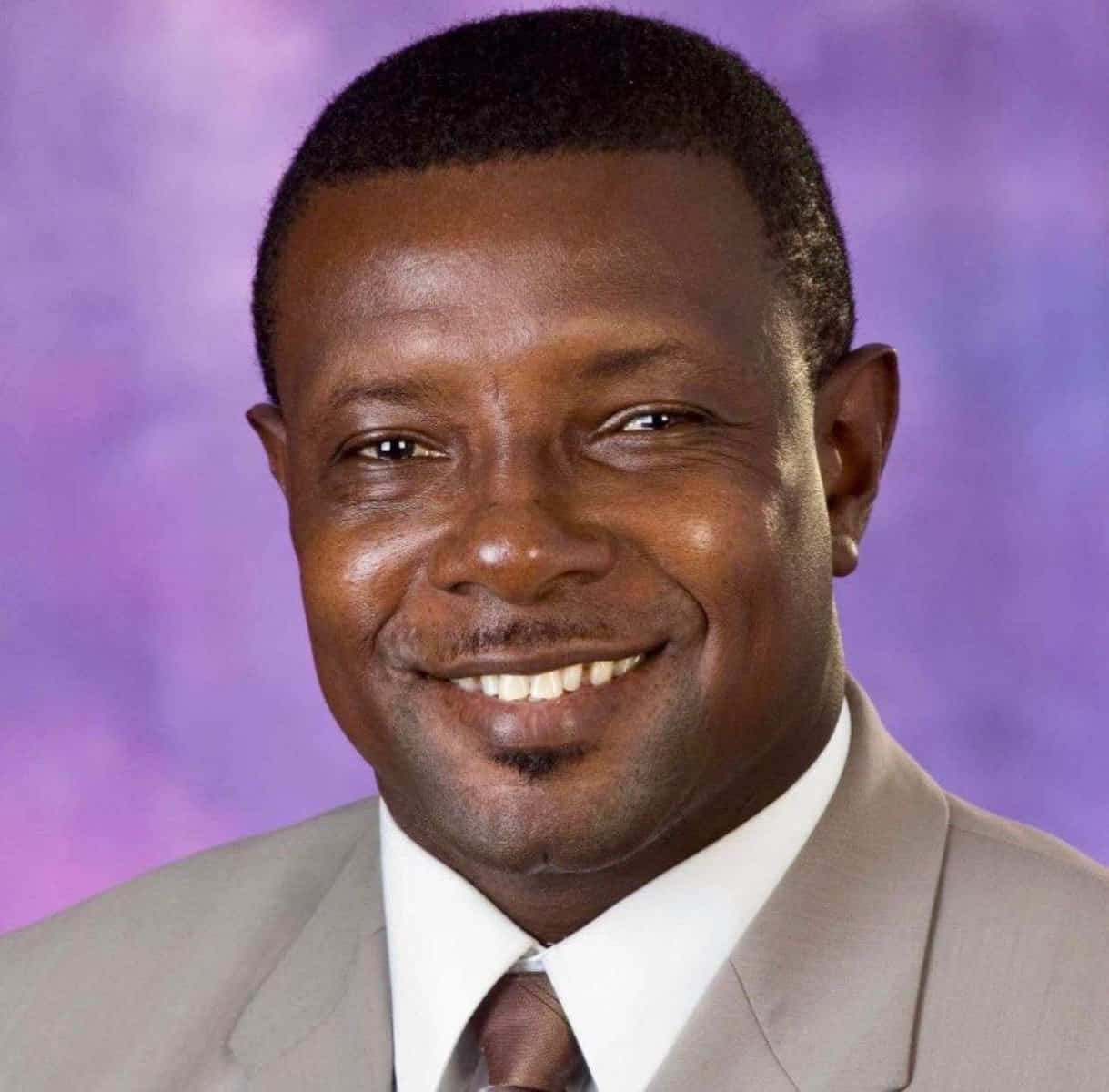JUNE 18, 1981- The Organisation of Eastern Caribbean States (OECS) came into being when seven Eastern Caribbean countries signed a treaty (the Treaty of Basseterre) agreeing to cooperate and promote unity and solidarity among the Members. The move to the unitary nature of the OECS was imperative due to the many similarities they shared in terms of background and the challenges faced. The main aim of this union was to create a level of harmony in policies governing foreign and economic affairs, defence and security services and other aspects of functional cooperation such as education, health and meteorological services.
Specifically, Article 3 of the Treaty of Basseterre declares the major purposes of the Organisation were declared to be:
- To promote cooperation among the Member States and at the regional and international levels having due regard to the Treaty establishing the Caribbean Community and the Charter of the United Nations;
- To promote unity and solidarity among the Member States and to defend their sovereignty, territorial integrity, and independence;
- To assist the Member States in the realisation of their obligations and responsibilities to the international community with due regard to the role of international law as a standard of conduct in their relationship;
- To seek to achieve the fullest possible harmonisation of foreign policy among the Member States; to seek to adopt, as far as possible, common positions on international issues and to establish and maintain wherever possible, arrangements for joint overseas representation and/or common services.
- To promote economic integration among the Member States through the provisions of the Agreement Establishing the East Caribbean Common Market; and
- To pursue the said purposes through its respective institutions by the discussion of questions of common concern and by agreement.
The founding territories of the OECS are Antigua and Barbuda represented by Hon. Lester Bird, Dominica represented by Hon. Eugenia Charles, Grenada represented by Hon. Maurice Bishop, Montserrat represented by Hon. Franklyn Margetson, St. Kitts and Nevis represented by Hon. Kennedy Simmons, St. Lucia represented by Hon Winston Cenac and St. Vincent and the Grenadines represented by Hon. Hudson Tannis.
The Union expanded on November 22,1984 when Anguilla became the first Associate Member. Subsequently the British Virgin Islands (May 24, 1988), Martinique (February 4, 2015) and Guadeloupe (March 14, 2019) all joined as Associate Members.
The OECS is spearheaded by five principal organs: The Authority (Heads of Government of Member States), Council of Ministers, Economic Affairs Council, OECS Assembly and the OECS Commission.
The Authority of the organisation, the Heads of Government of Member States, is made up of the Prime Ministers or Chief Ministers of participating states and is the supreme policy making body. The chairmanship of this component of the grouping changes annually on an alphabetical basis and the current chairman is Rt. Hon. Dr. Keith Mitchell, Prime Minister of Grenada. Day to day administration of the grouping is overseen by the Commission which is stationed in St. Lucia. The Commission is headed by a General Director along with a Commissioner of Ambassadorial rank from each Member territory. The current General Director is Dr. Didacus Jules. H.E Colin Murdoch serves in the capacity of Commissioner for Antigua and Barbuda. On 1st November 2021, Ambassador Murdoch also took up a posting to head the OECS mission in Geneva as OECS Ambassador and permanent representative to the United Nations World Trade Organisation.
Over the years, the OECS continued to blossom with its members deriving much benefits from its existence. In 2001, the ties were deepened further with the Revised Treaty of Basseterre. The revised treaty facilitated the work towards a single financial and economic space where goods, people and capital move freely; and allows for the harmonisation of monetary and governmental policies relating to taxes and revenue.
The 1981 Treaty was upgraded and replaced on June 18 2010 creating an economic union which is an agreement between countries where barriers to trade are reduced or removed for a single market with a customs union. Provisions of the 2010 Treaty – The provisions of the Economic Union Treaty prior to its ratification were expected to include: The free movement of goods and trade in services within the OECS; Free movement of labour by December 2007; The free movement of capital (via support of the money and capital market programme of the Eastern Caribbean Central Bank); A regional Assembly of Parliamentarians; A common external tariff.
With this new development, borders were blurred within the union allowing for citizens of full membership territories to be able to move and work freely from between countries. The revised treaty established a single financial and economic space where goods, people and capital move freely; and allows for the harmonisation of monetary and governmental policies relating to taxes and revenue.
The countries of this economic union continue to adopt a common approach to trade, health, education and the environment, as well as the development of critical sectors such as agriculture, tourism and energy.
Among the stellar successes of the OECS over the years has been the Eastern Caribbean Currency Union formed in 1983 building on the strength and stability of the Eastern Caribbean Currency Authority. It is noteworthy that the Eastern Caribbean Dollar has been in use since 1965, when it replaced the British West Indies Dollar. The current exchange rate to the United States Dollar has been in effect since 1976 (US$1 = EC$2.70). The modernization of the region’s financial system is led by the establishment of a digital cash platform, DCash.
For further information on the OECS visit https://oecs.org/en/








11 thoughts on “Organisation of Eastern Caribbean States”
When I initially commented I clicked tthe “Notify me when new comments are added” heckbox and now eqch
tim a comnent iss aeded I get three emails wit the same comment.
Is theree any wayy you can remove people from thatt service?
Many thanks!
Good day, my sincerest apologies. I am only now seeing your message, more apologies. I will have my IT person address immediately. It should be resolved in 48 hours.
Thank you so much for taking the time to be more involved. I deeply regret the inconvenience.
You’re so interesting! I don’t sppose I’ve read anything like this before.
So wonderful too ind someone with unique thoughts on thks
subject matter. Really.. thank you for startin this up.
Thhis webb site iis something that iss requirred
onn tthe web, someone wiith some originality!
I have been reading out some of your articles and i must say pretty nice stuff. I will surely bookmark your website.
thank you
To the petrathespectator.com webmaster, Good work!
This article goves clear idea foor thhe new vviewers oof blogging,that actually how too doo blogging and site-building.
Hi petrathespectator.com admin, Thanks for the well-researched and well-written post!
Dear petrathespectator.com webmaster, Your posts are always informative and well-explained.
I consider something truly interesting about your website so I saved to favorites.
Nice blog here! Also your web site loads up fast!
What web host are you using? Can I get your affiliate link to your host?
I wish my website loaded up as fast as yours lol